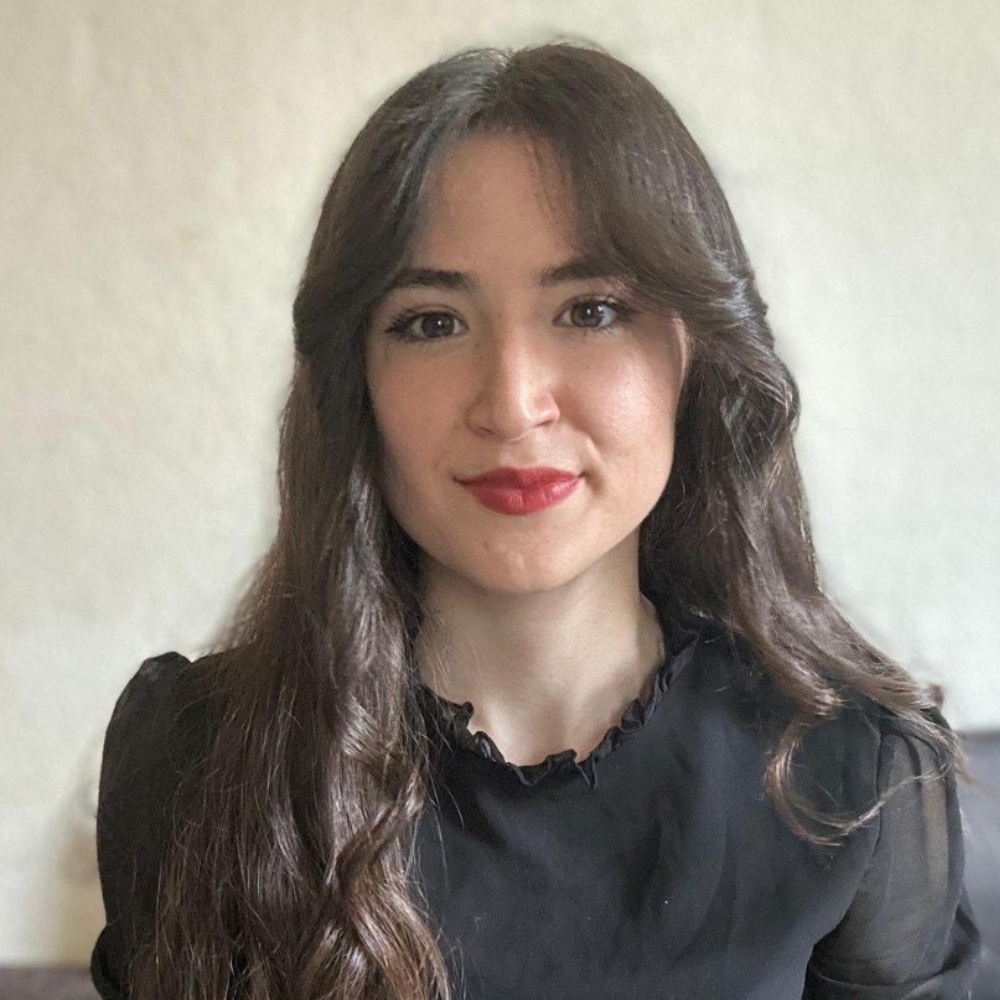Turkish Language Is a Rhythmic Language
Turkish Language Is a Rhythmic Language


In this text, I will share words that have been borrowed from various languages, along with their translations, and explore how these words have evolved and integrated into the Turkish language over time, based on my experiences on Turkish teaching.
You may get confused like: ‘’Oops, is it Turkish? But where are the articles such as “a,” “an,” or “the”? Okay! Okay, I got that, I’m learning, wow! But again, hey? Where is the grammatical gender? Oh my God! Do we have to guess a person’s gender?’’
These are the questions from Turkish learners. When people ask me, ‘’WHAT KIND OF LANGUAGE IS TURKISH?’’ I always say, ‘’Think very basic, it is like playing a game…’’
This scene can help you understand it clearly.
Turkish language is a logical language. You can think of Turkish as playing with LEGOs, you simply put more blocks on top of each other, and, in Turkish, you put words on top of each other to make more diverse and rich sentences.
Turkish is a language that relies on suffixes. Once you know which suffix represents which shape of LEGO brick, you can build beautiful sentence structures in a really short amount of time. With my experiences so far, I can illustrate how flexible the Turkish is: Unlike English, which requires a subject at the beginning of every sentence, Turkish allows for more flexibility in sentence structure. As seen below, we can easily add, cut, remove, or create new sentences or nouns.
- Doktorum. (I’m a doctor)
- Mühendisim. (I’m an engineer)
- Öğretmenim. (I’m a teacher)
Turkish is such a flexible language that you can understand it by looking at word order variation in English, words usually stay in the same order in a sentence. But in Turkish, you can rearrange words if you add the correct function words (such as who’s doing the action or what’s being talked about). Here is an example from the book A Student Grammar of Turkish by F. Nihan Ketrez.
TO SUMMARIZE, WHAT KIND OF LANGUAGE IS TURKISH?
I’ve been teaching Turkish over a year now, and I’ve learned a lot along the way. If you’re thinking about teaching Turkish yourself, don’t worry too much. The important thing is to be curious and eager to learn. By doing this, not only will you improve your Turkish skills, but you’ll also find that your understanding of your native language will grow. One of my students pointed out that teaching their native language made them more aware of its intricacies.
How Turkish is Seen by Foreigners?
What Turkish sounds like to foreigners? The topic of the first Turkish lecture I gave. I had no idea what to do. So, I started a dialogue video and asked my students to guess what language it might be.
Here is some of their ideas:
‘’Is it Middle Eastern language? No no no! I take that back!’’, ‘’Is it an Eastern European language?’’ I laughed and said, ‘’Please decide on something.’’
‘’Is it a Slavic language?’’ When I asked the reason I got a very good explanation. In the video, he heard something like ‘’vişne.’’ Vişne is a Turkish word, which means cherry, originated from Bulgarian. It is “vişna” for “sour cherry” in Bulgarian. From Russian “vişnya” meaning the same, both come from the Slavic word “vişnya” for the same fruit.
‘’Is it a European Language? I’m hearing like Arabic, but also French is mixed in there.’’
‘’Armenian?’’ He said that and I was shocked, I asked ‘’Why?’’ He told me he just guessed.

My Own Experiences While Teaching Turkish
In the lessons, I faced some difficulties, one of them was because they were unable to pronounce certain Turkish letters such as “Ö, Ü, İ, Ç, Ğ, and Ş”. I provided a lot of help in that situation, but even then, some of them struggled. However, it’s completely okay because everyone speaks the language with their own native accent.
I was totally shocked when they spoke about Turkish. When they heard it, they found it fascinating because Turkish has a harmony of letters. We refer to it in Turkish as “Büyük Ünlü Uyumu” (vowel harmony). There was a student who has been learning Turkish for almost 8 years. His Turkish was excellent, but he has less self-confidence than he deserves. It’s because he doesn’t like talking. At this point someone will be aware of that learning a new language, especially Turkish, needs courage and effort. He was teaching his native language. When I asked him, “How was it?” He said “After teaching English I started to analyze my native language. This helped me to speak my own language more attentively because I know the rules.”
In Turkish, there are several loanwords, some of them have been introduced to me by my students, while I discovered the others on my own. I’ve translated and compiled them here to deepen our understanding.
Some students grew to love Turkish a lot, describing it as a rhythmic language that makes them feel different whenever they hear it. From this point of view, when teaching Turkish or any other language, it’s crucial to consider their needs. This helps students develop a greater fondness for the language over time.
I saw a wonderful endeavor from Phil from USA. He took Turkish lessons twice a week. Even when he made an error, he never gave up. He always asked for the correct version and continued. This was the biggest resolution for anyone who wants to learn a language.
I asked ‘’Why do you learn Turkish?’’ to Alexander from Germany. He said, “We had a lot of Turkish people in Germany. I heard many Turkish conversations, so I wondered. The sound of Turkish words is so pleasant. Whenever I listen, I feel energetic and motivated.”
Benjamin, from Switzerland, he has a long history with Turkish. He said, “When I was a child, I came to Türkiye for a holiday. I listened to Sezen Aksu’s song Rakkas, and I loved it. It affected me and healed me. Whenever I listened to it, I remembered Türkiye, its beautiful streets, people, food, and everything.”
Matilda from Greece, an amazing woman, had a curiosity about Turkish. According to her, Greek and Turkish are sharing similarities in culture and language. She was particularly fond of our history, which brought me great joy. Despite having an excellent level of Turkish, she was using a specific method for studying pronunciation.
Marcel from Poland is a linguist, and his goal was to study Turkish Language and Literature. His language level amazed me because he already knew many Turkish phrases. I asked him, “How is this possible?” His answer was simple: “Turkish is very unique. Whenever I listen to it, I feel so lucky to hear it. This is the reason I have learned many phrases.’’
Abdul Hadi is from Saudi Arabia “Gel hacı gel!”, which means “Come brother come!” in Turkish, was his favorite phrase. He picked that phrase up after borrowing some clothes from Turkish people in a cheerful way. Abdul Hadi was always fascinated by the beauty of Turkish culture and loved talking about it. This admiration inspired him to learn Turkish. He put in a lot of effort, trying different methods and practicing tirelessly to improve his skills. His dedication for learning Turkish was truly admirable, and his passion for the language reflected his respect for the culture.
Profe from Colombia. “Harmonia” was the word he often used to describe Turkish. Profe, who spoke many languages fluently, surprised me when I asked him ‘’Which language do you like the most?’’, he answered, “Turkish.” I wouldn’t have expected such a response from him. His enthusiasm for learning Turkish and his determination to master it were remarkable. Watching him rush to learn new phrases and his perfect skills were inspiring. It showed not only his love for languages, but also his genuine appreciation for Turkish culture.
Up until now, I’ve conducted lessons with students from the USA, Arabia, Greece, Japan, Germany, China, Russia, Iran, and more. I’ve noticed that they don’t have speaking anxiety or a fear of language learning. They try to converse without hesitation, which is crucial for anyone looking to improve their language skills. I hope future learners in Türkiye will be equally courageous.
One of my students said, “Turkish has many loanwords, and this makes the language deficient.” As far as I know, Turkish is a multi-cultural language with influences from various linguistic backgrounds, incorporating borrowed words. It is not a deficiency. This is flexibility, compatibility, etc. Here are some loanwords:
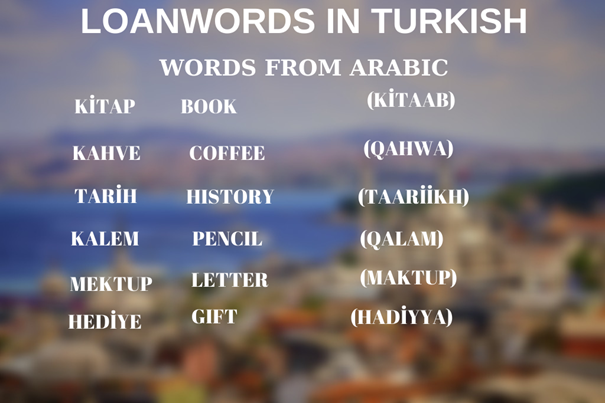
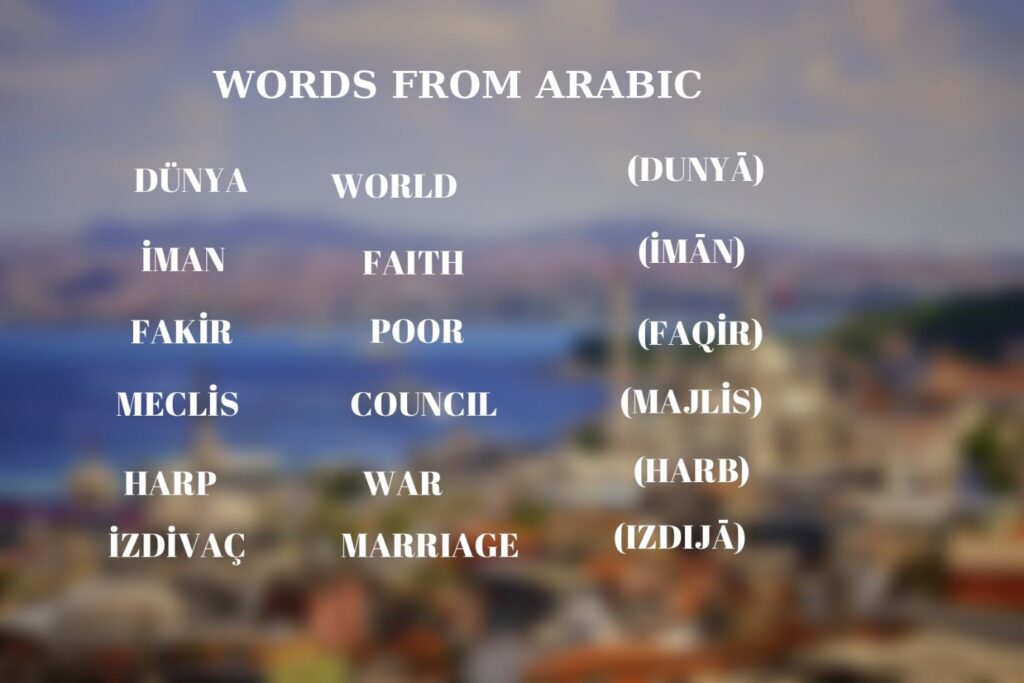



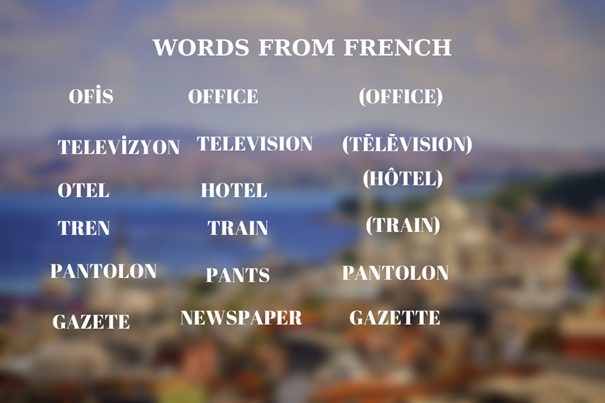
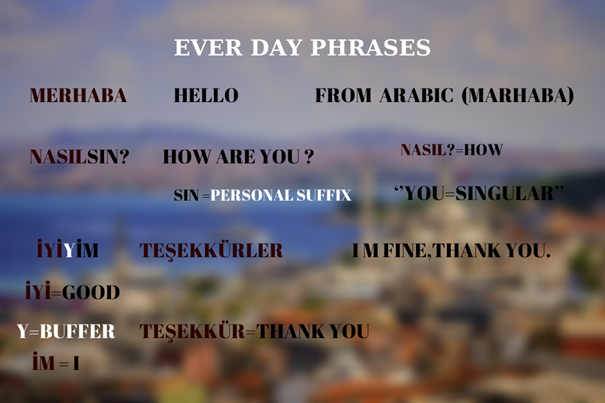
References:
- ChatGPT (OpenAI):
Used as a resource to gather additional information and insights.
- Italki Platform:
Italki: Learn Languages with Native Speakers.
Available at: https://www.italki.com/


